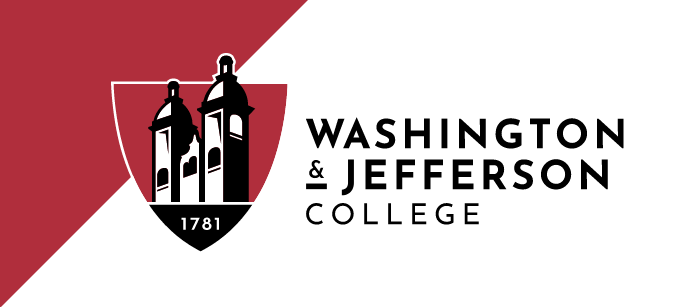WASHINGTON, PA (Aug. 6, 2015) - Sight-seeing in a zone affected by serious radiation damage isn’t a typical summer break plan, but where many might see a place to avoid, Washington & Jefferson College (W&J) student Davy Oliverio ’18 saw a perfect research opportunity.
Oliverio spent three weeks in Manchester, England working with a research team at the University of Salford to analyze photos of animals captured by trail cameras in the Chernobyl Exclusion Zone. The team then headed to Chernobyl, Ukraine for 10 days to study the effect of radiation on wildlife.
“The ideas about Chernobyl are greatly miscommunicated, as many people think it is just a barren wasteland. It is my job to enlighten everyone about how Chernobyl is really doing,” Oliverio said.
Oliverio, a psychology major from Washington, Pa., used W&J’s Magellan Project to research the effects of the 1986 Chernobyl disaster that has fascinated him since his youth. The catastrophic nuclear accident caused the largest uncontrolled radioactive release into the environment ever recorded.
While analyzing photos in Manchester, Oliverio recorded data about animals in the Exclusion Zone, making sure to track physical abnormalities and distances from the cameras. This information helped researchers estimate the population densities of species within various levels of radiation in Chernobyl.
During his ten days in Chernobyl, Oliverio spent long hours in the Exclusion Zone layered in protective clothing as he continued his research in person. He and his colleagues were featured on a national news program in the United Kingdom for their work in the field. Oliverio said he is excited to share his documentation of the trip and new knowledge about Chernobyl with the W&J community.
“My Magellan taught me a lot about motivating myself to do work and to complete it efficiently. It taught me to become more confident about myself. Now, I feel fully confident in my abilities to live alone and travel the world,” Oliverio said.
Culture shock proved to be one of Oliverio’s greatest challenges throughout his trip. He immediately encountered a language barrier in Ukraine that made relaying information about his project more difficult that he had anticipated. Luckily, some of his colleagues were fluent in English, too. Oliverio also had to adjust to working a “nine-to-five” job and using new computer programs.
Oliverio plans to pursue a doctorate in clinical or sports psychology upon graduation from W&J in 2018. He said his Magellan Project gave him research experience, a unique conversation piece for future graduate school and job interviews, and ideas for a second Magellan Project next summer.
“I would like to thank W&J for allowing me to go to Ukraine, Dr. Susan Vdovichenko for helping me plan my trip and better understand Russian culture, and Tyler Tenney for helping my design a project that was unique, fluid, and organized,” Oliverio said.
Read more about Oliverio's experience in his blog, "Project Chernobyl."
About the Magellan Project
Established in 2008, Washington & Jefferson College’s unique Magellan Project extends liberal arts learning outside the classroom by providing scholarship funding for students to spend the summer pursuing independent projects and internships in the United States and abroad. Learn more about the Magellan Project on the W&J website.
About Washington & Jefferson College
Washington & Jefferson College, located in Washington, Pa., is a selective liberal arts college founded in 1781. Committed to providing each of its students with the highest-quality undergraduate education available, W&J offers a traditional arts and sciences curriculum emphasizing interdisciplinary study and independent study work.
Are you ready to Be A President? Apply to W&J now.

